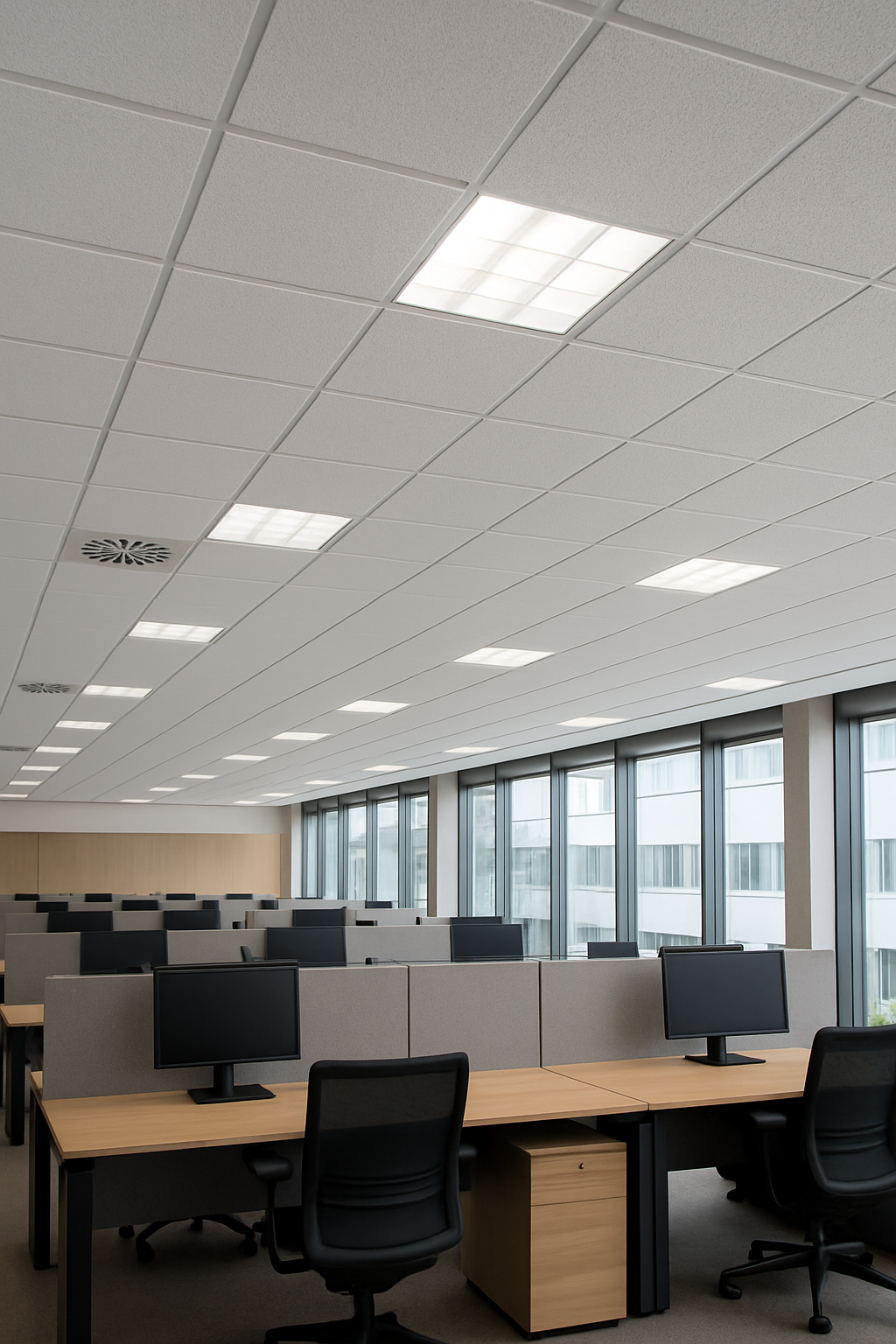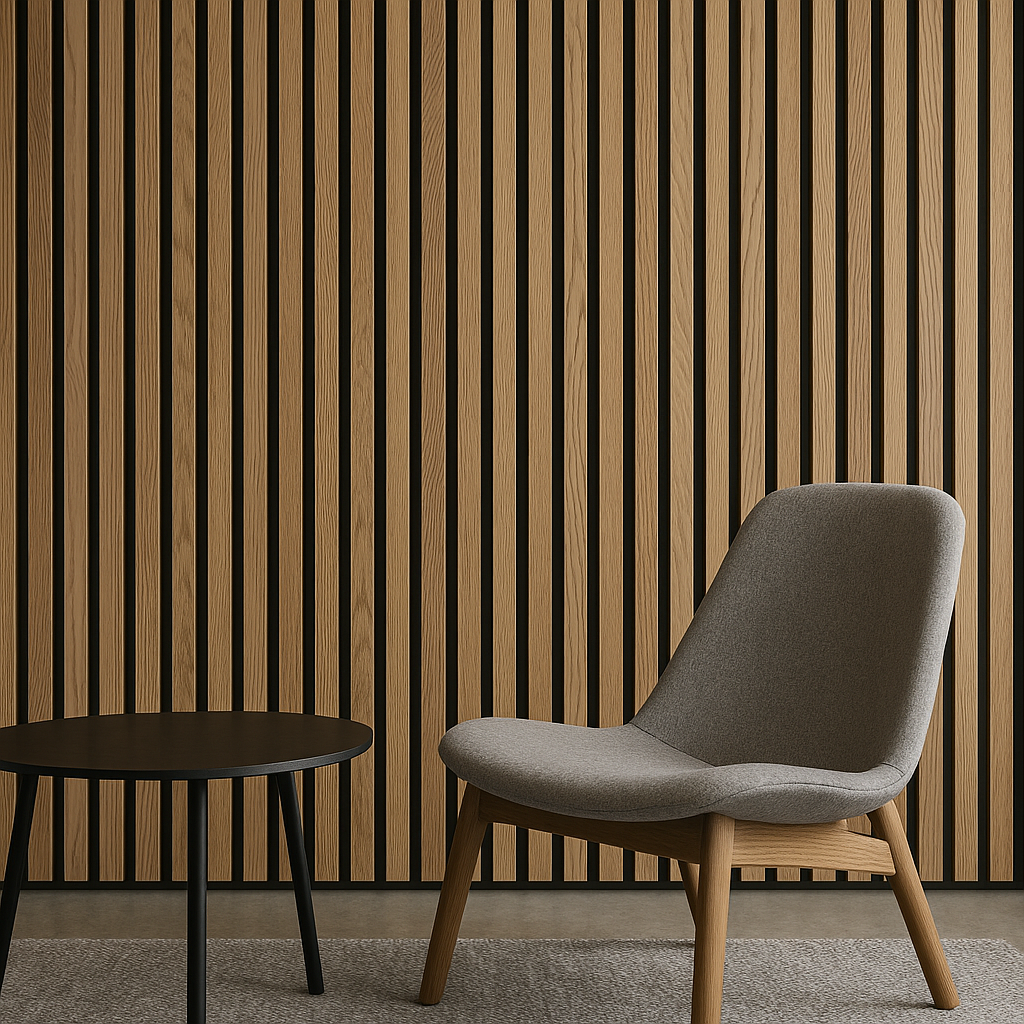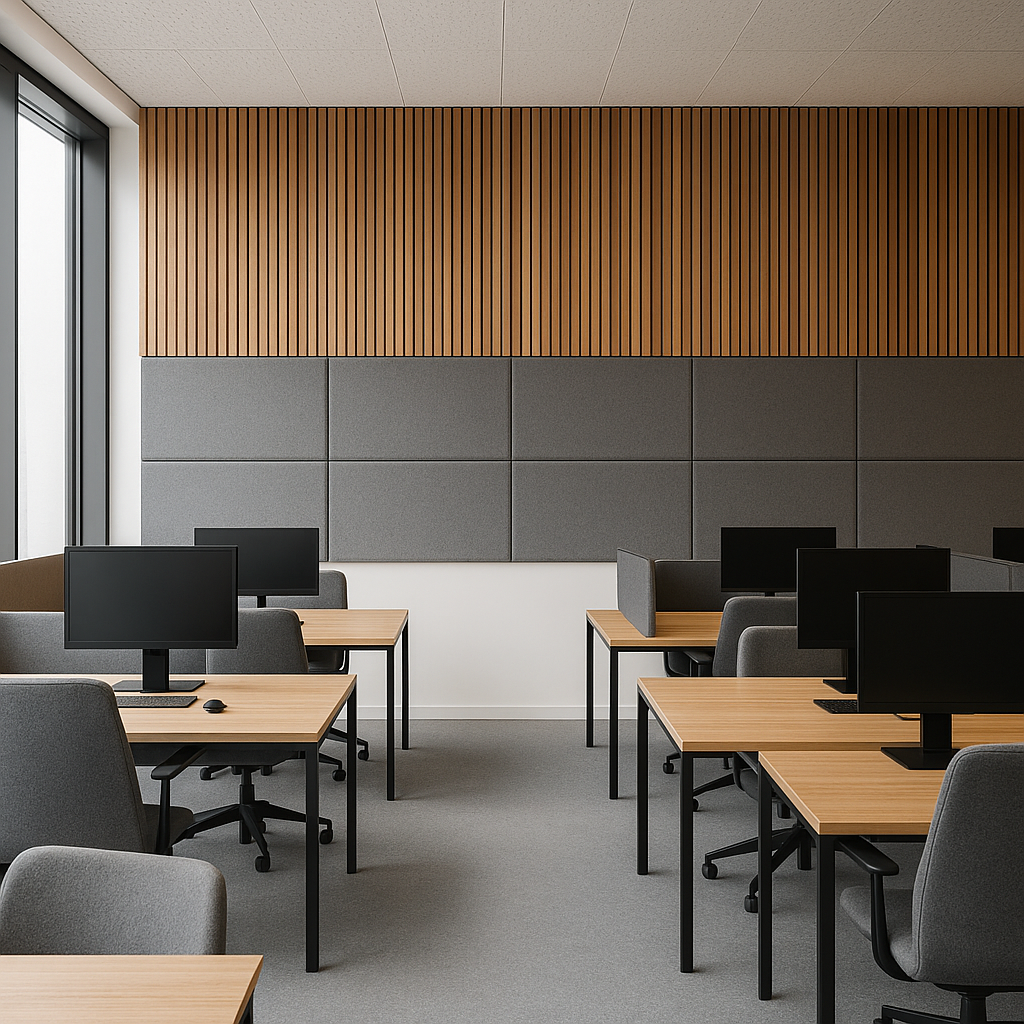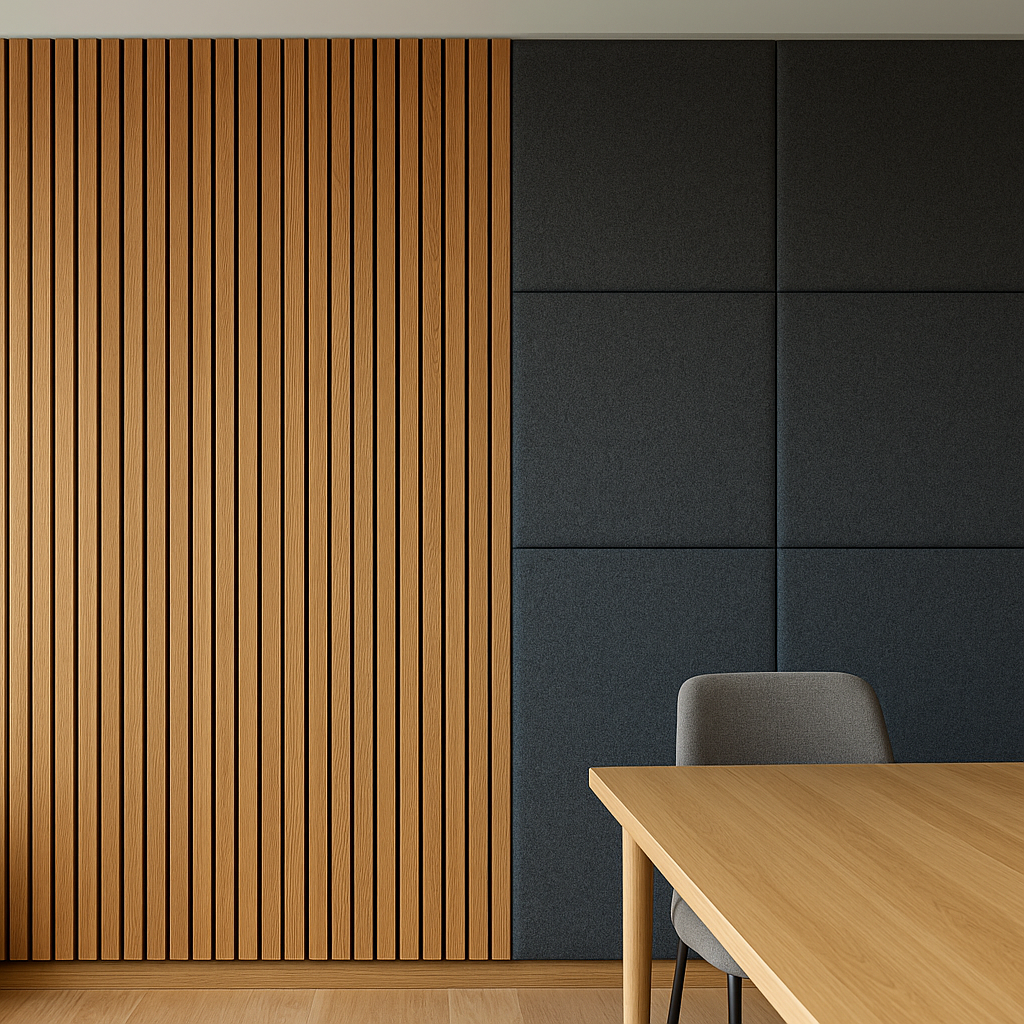The open office layout has become the standard in many modern work environments. While these spaces encourage collaboration, creativity, and flexibility, they also come with one major drawback—noise. In a setting where conversations, phone calls, keyboard clicks, and general background noise are constant, staying focused and maintaining privacy can be a daily challenge.
Enter acoustic desk dividers—a simple yet highly effective solution to transform a distracting open space into a productive, comfortable, and acoustically balanced environment. In this comprehensive guide, we explore how acoustic desk dividers work, their key benefits, material options, use cases, and how they support wellness and performance in today’s workplace.
What Are Acoustic Desk Dividers?
Acoustic desk dividers are panels installed between workstations to reduce sound transmission and visual distractions. They are typically made of high-performing acoustic materials like PET felt, wool, or foam wrapped in fabric.
Unlike traditional dividers or cubicles, acoustic desk panels are designed to absorb sound, not just block it. They minimize echo and ambient noise, making open office environments more conducive to focused work and private conversations. These panels also help define individual workspaces without the need for bulky furniture.
Their sleek, modern design complements a variety of office aesthetics, from minimalist to industrial. Because they’re often made with recycled materials, they also align with sustainability goals. Many models are available in custom sizes and colors, allowing seamless integration into any floor plan. As workplace needs evolve, these dividers offer a scalable solution for maintaining productivity and acoustic comfort.
The Problem with Open Office Noise
Open offices are notorious for high noise levels. According to research from the University of Sydney, over 50% of open office workers are dissatisfied with noise levels in their workplace. Common complaints include:
- Inability to concentrate
- Lack of speech privacy
- Increased stress and fatigue
- Lower productivity
When workers are exposed to continuous background chatter or unpredictable noise, it disrupts deep work and focus. Acoustic desk dividers help to neutralize this problem without sacrificing the collaborative nature of open design.
How Acoustic Desk Dividers Work
These dividers function through sound absorption, a process that involves converting sound waves into small amounts of heat as they pass through soft, porous materials. The most effective acoustic dividers offer:
- High NRC ratings (Noise Reduction Coefficient): Typically between 0.6 and 0.9
- Thick, layered materials: Such as compressed felt or acoustic foam
- Optimal placement: Positioned at speaking height to minimize direct sound paths
When installed correctly, they create acoustic “zones” where employees can focus better and speak more privately without echo or sound bleed into nearby workstations.
Key Benefits of Acoustic Desk Dividers
1. Improved Concentration
Reducing ambient noise helps employees concentrate on complex tasks like writing, coding, or designing. With fewer auditory distractions, workers can stay in a flow state longer, leading to higher productivity. Acoustic desk dividers act as personalized sound barriers that allow individuals to maintain their own acoustic bubble. This creates a more stable auditory environment where concentration can thrive. As a result, deadlines are met more efficiently, and overall work quality improves.
2. Enhanced Privacy
Desk dividers block line-of-sight and reduce sound transmission, which is critical in industries handling sensitive information—like finance, healthcare, and HR. Employees can have confidential conversations or phone calls without worrying about being overheard. This is especially useful in shared spaces or hot-desking environments where designated private offices aren’t available. It helps meet privacy compliance standards while preserving an open layout. The enhanced acoustic separation also fosters a greater sense of personal space.
3. Flexible Layouts
Many dividers are lightweight, modular, and easy to install, making them ideal for agile and evolving workspaces. You can reconfigure zones as team structures or work styles change. They are perfect for organizations practicing activity-based working, where employees choose different settings for different tasks. Acoustic desk dividers can be easily repositioned or removed without the need for renovation. This adaptability supports a dynamic work culture and long-term scalability.
4. Better Employee Wellness
Lower noise levels reduce stress and cognitive fatigue. Studies show that quieter workspaces lead to happier employees, fewer sick days, and improved overall job satisfaction. Acoustic desk dividers contribute to mental well-being by allowing employees to mentally “tune out” from distractions. The enhanced focus and reduced stress can also improve physical health, reducing tension and fatigue. Over time, this can lead to higher morale and better team dynamics.
5. Cost-Effective Sound Management
Compared to full renovations or ceiling and wall treatments, desk dividers offer a budget-friendly way to enhance acoustics without major disruption. They are a smart first step for businesses looking to improve office acoustics without large-scale investment. Their affordability also makes them accessible to smaller offices and startups. Because they require minimal installation, they reduce labor costs and downtime. This makes them a high-impact, low-cost solution for immediate results.
Materials and Design Options
Acoustic desk dividers come in various materials and styles to suit different environments:
- PET Felt: Made from recycled plastic, it’s durable, sound-absorbent, and eco-friendly.
- Wool Panels: Naturally absorbent and luxurious in feel.
- Fabric-Wrapped Foam: Great for branding and color-matching.
- Upholstered Panels: Add softness and design texture to a modern space.
They can be:
- Clamp-mounted to desks
- Freestanding between workstations
- Curved or straight in design
- Customized with patterns, logos, or textures
Ideal Applications for Acoustic Desk Dividers
1. Open Plan Corporate Offices
For companies embracing collaboration but needing quiet zones, desk dividers are ideal. They allow for team discussions while giving individuals the ability to focus when needed.
2. Call Centers
In fast-paced call environments, sound control is critical. Dividers reduce crosstalk and ensure better call quality.
3. Educational Institutions
Libraries, study rooms, and computer labs benefit from acoustic dividers that minimize distraction and encourage individual work.
4. Co-working Spaces
These flexible environments thrive on adaptability. Freestanding or mobile acoustic desk screens let users set up personalized acoustic zones.
5. Healthcare & Clinics
In administrative or patient-facing settings, privacy is essential. Desk dividers support confidentiality while improving comfort.
Supporting Acoustic Wellness & Productivity
Acoustics play a direct role in employee well-being. When environments are too noisy, it increases heart rate, stress hormones, and mental fatigue. Acoustic desk dividers help promote:
- Calmer atmospheres
- Better cognitive performance
- More positive moods and communication
Combined with ceiling baffles, wall panels, or floor coverings, desk dividers contribute to a comprehensive acoustic wellness strategy.
Design Integration Tips
To make the most of acoustic desk dividers in your space:
- Choose colors that align with your branding or promote a calming environment (e.g., blues and greys)
- Use varying panel heights to balance collaboration and privacy
- Incorporate other acoustic products like wall art or ceiling clouds for full coverage
- Consider rounded or curved designs to soften a rigid space
Final Thoughts
Acoustic desk dividers are more than just partitions—they’re an investment in your team’s productivity, comfort, and privacy. In today’s dynamic work culture, where flexibility and focus must coexist, they serve as a practical tool for sound management without sacrificing design.
Whether you’re outfitting a brand-new office, upgrading a co-working environment, or simply looking to enhance employee well-being, acoustic desk dividers are an ideal solution.
Explore modern desk divider solutions at Imagine Acoustics and discover how smart acoustic design can transform your workspace.




